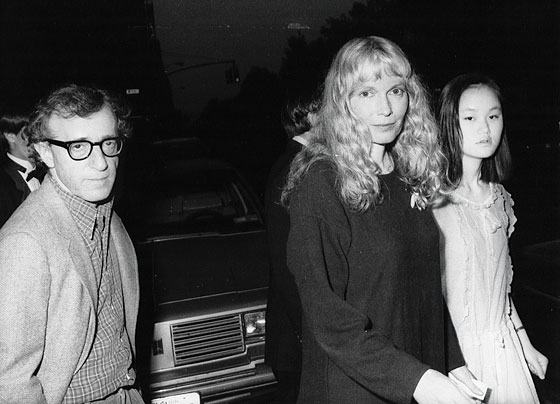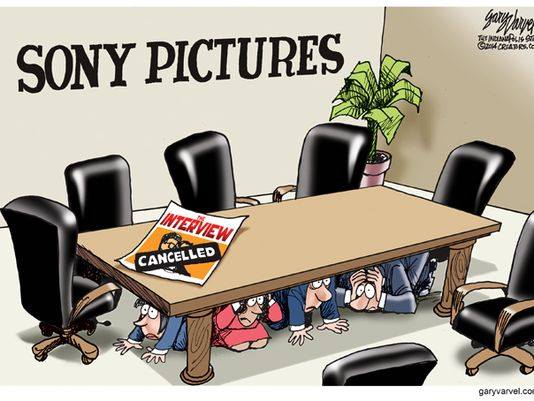To Shawn Fanning, facilitating the spread of music through coding MP3’s and making them accessible to 60 million people for free was an art. To most of the music industry, which witnessed a paradigm shift in music production and distribution, torpedoing their sales and forever annihilating the concept of record stores, Fanning’s tech savviness was a horrendous crime.
Previously, most computer programs were about information retrieval or storage; sharing files seemed completely illogical. But the internet functions as a single network allowing users to connect with anyone. Stemming from his own adoration of music, Fanning supposedly saw music sharing as an emotional exchange and extension of his and other’s network through musical appreciation—I say supposedly here because his motives may be more complex than this displayed utilitarianism as we will discuss later. His launch of Napster, while ultimately was ruled as illegal under the Digital Millenium Copyright act after years of court proceedings, is considered the origination of online community interaction. Despite Napster’s ultimate defeat, Napster’s floodgate effect was effective in exposing how technology would perpetually plague the music scene from that time onward.
Online music sharing has become the preferred trend for audio tracks, especially music distributed freely. However, this free exchange between network users is not preferable among the music industry. Companies, in an effort to control piracy, have ended up suing individual customers. While the intention here is to enforce a sense of accountability for buying music authentically, companies have instead alienated their customers and negatively impacted public response to their labels. Consequently, these companies have witnessed their sales cut in half according to Alex Winter’s documentary about this event, “Downloaded.” This type of resulting anarchy against an established institution coincides with criminality, but let us examine both sides of the argument.
As mentioned, Shawn Fanning is an experienced coder, coding to him in itself is an art form. His team are described as fellow music lovers and believers in the freedom of information circulation. They aimed to become a legitimate file sharing entity in order to side step legal pressure they were facing from the music labels. Their argument focuses on the theory that allowing people to sample the music before buying it actually does increase their likelihood or purchasing said record. There could be some truth to this as throughout the process of running Napster, no financial gain was reported. Perhaps the intent was pure in wanting to spread music and incite a network of mutual artistic appreciation. Certainly, that is how the producer of Downloaded wanted the situation to be framed. Most interviews shot of Fanning were set in front of his guitar and music books, as if to remind us—or attempt to sell us—that Fanning is just a music lover with no alternative motives. I find this somewhat suspicious because Napster’s eventual end was initiated when a chain of emails between Napster producers explicitly mentioned piracy and acknowledged the legal ambiguities Napster was operating under. It is difficult to convince an audience of one’s moral intentions when they blatantly acknowledge that those intentions are controversial.
On the other hand, numerous artists and record label heads of the industry called Napster evil, Napster was stealing their songs and hence their profits. Comically enough, this was the perspective of Metallica, the first artist group to sue Napster for copyright infringement. Metallica’s involvement spearheaded numerous other artists to additionally sue Napster. Napster is ultimately unsuccessful in defending themselves in court, but despite their end as a music sharing entity, piracy simply occurred among other websites. However, it is important to clarify what was meant earlier by ‘most’ of the music industry. Independent bands without ties to music labels actually generated more success from Napster’s extensive network.
Perhaps what Napster was doing was criminal, but only seriously offended those that had grown entitled to their high status in the music industry. For the rest of us, at least I know I have downloaded songs freely, Napster provided a delicious sense of rebellion that simultaneously built a community through musical appreciation. Regardless of Napster’s inevitable fall, the rise of music file sharing exploded, thus proving an act of criminality could indeed produce an artistic evolution.
#fanning #pirating #napster #film







